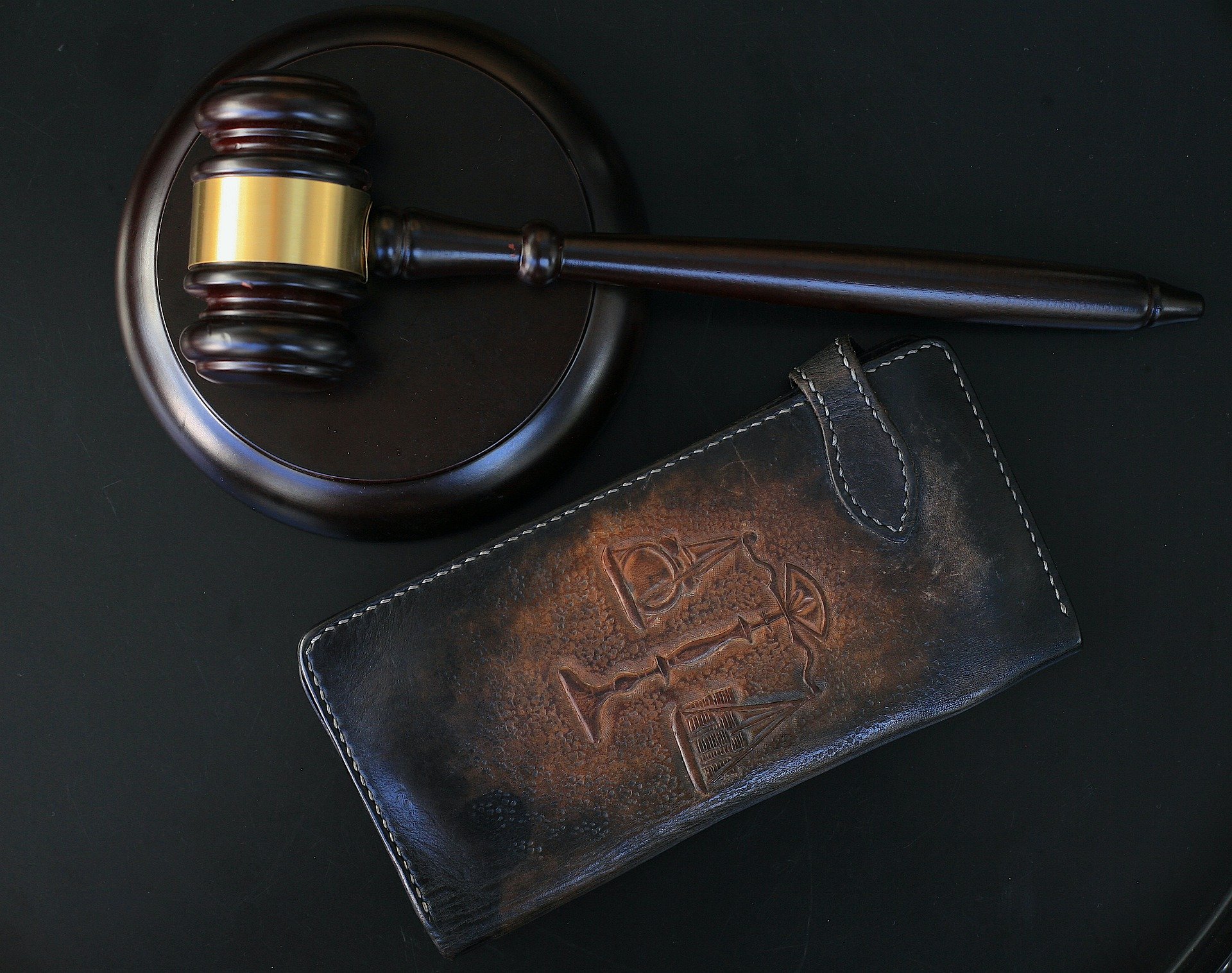By Valérie Hanoun
The European Court of Justice (ECJ) is to decide a case that, on paper, concerns just two sanctioned Russian individuals and their discretionary trusts. In reality, the decision – expected by the end of the year – could send shockwaves across Europe, and Cyprus, with its thriving trust sector, may feel the tremors more than most.
At the heart of the case lies a deceptively simple question: should assets in a discretionary trust, where the sanctioned person has no legal control, be frozen under EU sanctions? The answer could upend a centuries-old legal principle – the separation of ownership from benefit – that underpins trust law, estate planning and asset protection across Europe.
Cyprus is no stranger to trusts. The Cyprus International Trusts Law has for decades attracted both domestic and international clients seeking legitimate and compliant wealth structuring.
Trusts are used by business owners for succession planning, families for securing homes and retirement savings. They are also tools for good governance – EU public officials, following the European Commission’s recommendations, place assets in blind trusts to avoid conflicts of interest.
Cyprus’ trust regime combines privacy with transparency: beneficial ownership registers, strict anti-money laundering rules and robust trustee obligations ensure that regulators, banks and compliance officers know exactly who is involved and on what terms.
The industry is part of the backbone of Cyprus’ services economy, supporting the island’s position as a global rules-based financial centre. Trusts underpin major European corporations – BMW, LVMH, H&M and thousands more – often managed via Cypriot structures.
Under current EU rules, sanctions freeze assets “owned or controlled” by a designated person. In a properly constituted discretionary trust, the beneficiary has neither ownership nor control until the trustee decides to make a distribution. That is precisely why trusts are effective, and why they can help enforce sanctions, not circumvent them.
But an advocate general of the ECJ argued in a recent opinion that even without control, the potential to benefit is enough to justify a freeze.
This is a major legal leap. It shifts the focus from what the beneficiary can do with the assets to what they might one day receive – collapsing the legal firewall between ownership and entitlement.
If the court accepts this reasoning, Cyprus’ economy could suffer serious consequences. The ownership-benefit split, rooted in mediaeval English law, is central to Cyprus’ appeal. Its collapse would render trusts obsolete, threatening our fiduciary sector. With trusts managing vast international assets, job losses in legal and financial services could follow.
Wealth will not disappear – it will flee to non-EU places like Dubai or Singapore. For Cyprus, where financial services comprise over 10 per cent of GDP, this risks driving away legitimate investors who value stability and legal certainty. Malta and Luxembourg face similar threats.
To avoid such disruption, the ECJ might limit its ruling to beneficiaries of certain nationalities. But that approach presents another problem – it undermines legal equality. If a trust’s validity depends on the politics of its beneficiaries rather than its structure, it would violate the EU’s principles of certainty and fairness.
Once set, such a precedent could easily expand to other categories of politically exposed persons, chilling investment across the EU.
This is not a debate about whether sanctions should be enforced – they must be. The question is whether enforcement can be achieved without dismantling a legitimate regulated legal structure that underpins an entire sector of the European economy.
The ECJ’s ruling will set the tone for how Europe treats the legal separation of ownership and benefit – and whether Cyprus can continue to offer stability in an unstable world.
Valérie Hanoun has been a practicing lawyer at the Paris Bar since July 1997. She specialises in general private law and construction litigation






Click here to change your cookie preferences